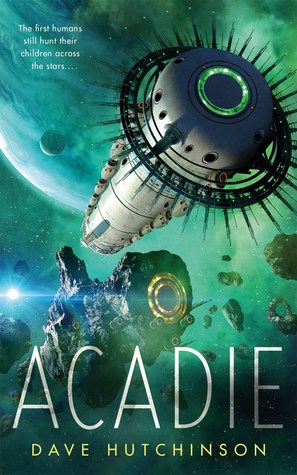 Acadie by Dave Hutchinson
Acadie by Dave Hutchinson Format: ebook
Source: purchased from Amazon
Formats available: paperback, ebook
Genres: science fiction, space opera
Pages: 112
Published by Tordotcom on September 5, 2017
Purchasing Info: Author's Website, Publisher's Website, Amazon, Barnes & Noble, Kobo, Bookshop.org, Better World Books
Goodreads
The first humans still hunt their children across the stars. Dave Hutchinson brings far future science fiction on a grand scale in Acadie.
The Colony left Earth to find their utopia--a home on a new planet where their leader could fully explore the colonists' genetic potential, unfettered by their homeworld's restrictions. They settled a new paradise, and have been evolving and adapting for centuries.
Earth has other plans.
The original humans have been tracking their descendants across the stars, bent on their annihilation. They won't stop until the new humans have been destroyed, their experimentation wiped out of the human gene pool.
Can't anyone let go of a grudge anymore?
My Review:
“I think, therefore I am,” or so goes the quote from French philosopher René Descartes. But Descartes lived in the 17th century, well before the popularity of science fiction. In Acadie, the quote needs to be a question, “I think, therefore I am, what?”
Duke Faraday thinks that he is the president of a renegade colony of genetic researchers and tinkerers who made him president because he wanted the job the least. And he knows he’s pissed off because his admin/majordomo/minder has just woken him up too damned early on his day off because there’s a crisis.
And his desk is where the buck stops. Even if his so-called desk is generally parked in a bar – and there are no bucks of any kind on The Colony. (Unless the scientists who really run things have genetically engineered something since he went to bed the night before.)
The Colony is filled with a bunch of renegade scientists who are still paranoid about the Earth that they escaped from five centuries before. They left with a ship full of kidnapped colonists, an overabundance of genius and a complete lack of willingness to stop experimenting with the human genome – and any other they can get their gloved hands on – no matter how many people, organizations, and even governments tell them “no”.
So when a trigger-happy pilot brings down what is obviously a probe from the Earth they left behind, it’s all-hands-on-deck to bug out before Earth returns to take whatever fancy tech their geniuses have invented and bring home any survivors from that original hijacking back for trial.
Everyone gets away except for Duke and his “Dirty Dozen” of advisors who are left to look after the last of the technology clean-up. They are sitting ducks for the next Earth probe that comes along, and come along it does.
Duke thinks he’s holding the line against a rapacious colonization agency that likes to cut corners and doesn’t care how much collateral damage it does along the way. After all, that’s how he ended up in the Colony in the first place.
But the pilot of the probe has a different idea about his mission, and Duke’s, altogether. An idea that just might turn Duke’s entire universe on its head – or bust his wide open.
Escape Rating A-: At first, the tone of Acadie and its protagonist reminded me more than a bit of Heinlein by way of Scalzi. The way that the entire Colony pulled itself together to escape the threat had some of the feel of The Moon is a Harsh Mistress, although I should have been thinking more of The Man Who Sold the Moon, which is as much of a hint as I’m giving.
I also can’t help but think that Duke Faraday and John Perry (Old Man’s War) would have had a lot to talk about in that bar, possibly along with Fergus Fergusson from Finder.
The Colony as a form of government, a working utopia, an escape hatch, all of the above, seems like a fascinating place. The idea that the person elected president is the one who wants it the least honestly seems like an idea that might have merit and broader application. (And also adds to that Heinlein-like feeling. I keep thinking that sounds like something he would have said, but I can’t find a citation so maybe not.)
That the real powers-that-be are the scientists, possibly even the mad scientists, who escaped from Earth’s laws and proceeded to write their own and the human genome at the same time certainly does make the story interesting. And picturesque, as the scientists, called ‘The Writers’ because they rewrite the genome seemingly at a whim, often mine popular culture through the ages for their material and their whimsy.
As has been pointed out elsewhere, the habitats that the Colony uses are one of the very few, if not the ONLY, beneficial uses of that plague of the South, kudzu, that has ever appeared in fiction.
So the story hums along, seemingly about a plucky band of scientists and other colonists doing their best to stay out of the clutches of the evil – or at least benighted – bureaucrats from Earth. We’re rooting for them and we’re sure they’ve found the right answers.
They are too.
But at the end, the whole story turns itself upside down, twists itself inside out, and spits the reader out of the book kicking and screaming, wondering what the hell went wrong. And it’s upsetting and glorious all at the same time.
(Reviewer’s Note: I’m on the horns of a dilemma here because of the brevity of the story versus the price of the book. On the one hand, this is only 112 pages. It’s a novella. On the other hand, the kindle version is $7.99 which is a bit much for the length. And on the third hand, because of that kick in the pants ending, I’m not sure this actually should have been longer. If Amazon is still selling used copies of the paperback at $1.50 that might be a better bet or at least a better cost/benefit ratio. YMMV)

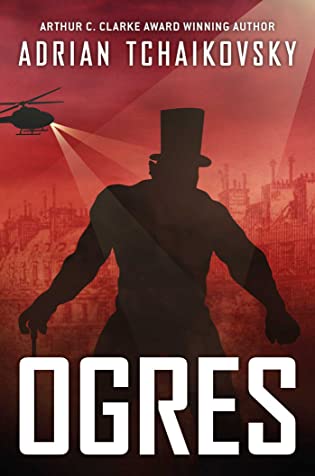 Ogres by
Ogres by 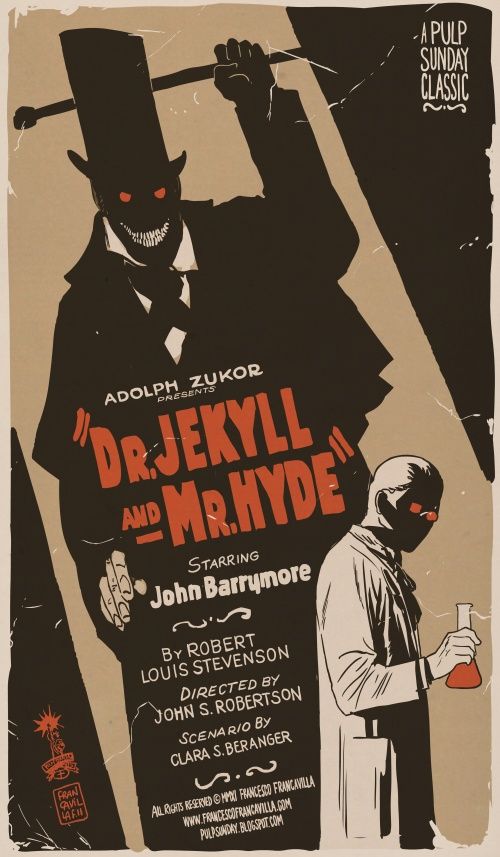 When I first saw the cover for Ogres, the image reminded me an awful lot of Mr. Hyde – as in
When I first saw the cover for Ogres, the image reminded me an awful lot of Mr. Hyde – as in  The Kaiju Preservation Society by
The Kaiju Preservation Society by  Escape Rating A-: The Kaiju Preservation Society reads like vintage Scalzi of the
Escape Rating A-: The Kaiju Preservation Society reads like vintage Scalzi of the 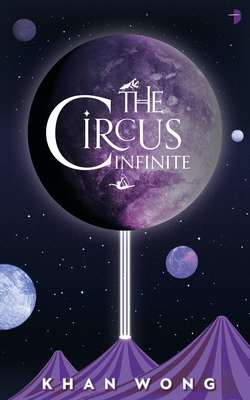 The Circus Infinite by
The Circus Infinite by 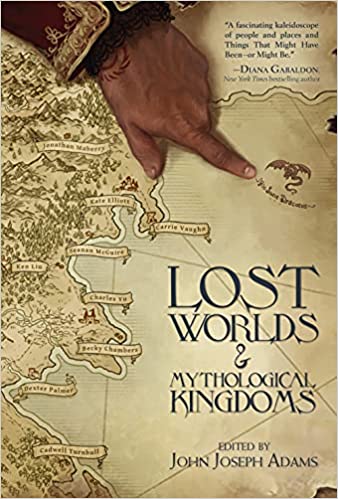 Lost Worlds and Mythological Kingdoms by
Lost Worlds and Mythological Kingdoms by 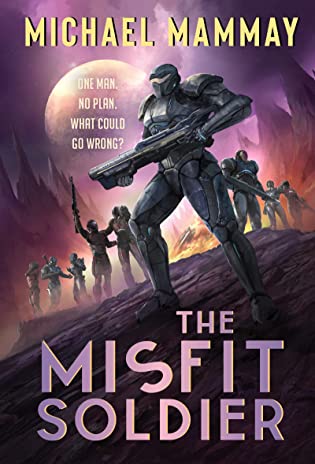 The Misfit Soldier by
The Misfit Soldier by 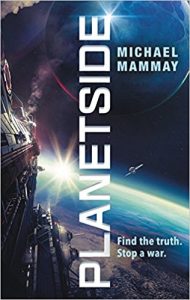 Escape Rating A-: I picked this up with grabby hands long before the book came out because this is an author that I absolutely love and couldn’t wait to read his latest book. And I have to say that Sgt. Gas Gastovsky took me on a much wilder ride – with a much twistier ending – than I initially expected.
Escape Rating A-: I picked this up with grabby hands long before the book came out because this is an author that I absolutely love and couldn’t wait to read his latest book. And I have to say that Sgt. Gas Gastovsky took me on a much wilder ride – with a much twistier ending – than I initially expected.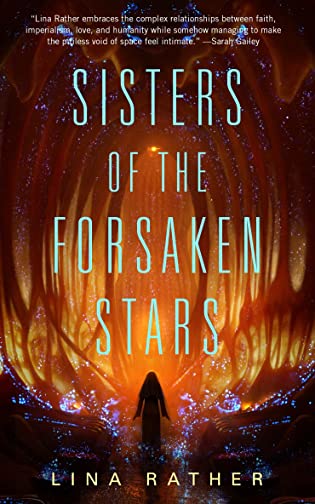 Sisters of the Forsaken Stars (Our Lady of Endless Worlds #2) by
Sisters of the Forsaken Stars (Our Lady of Endless Worlds #2) by 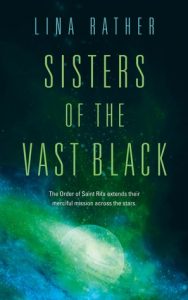 Escape Rating A-: What is making this series so special is a bit more in the implications than in what is actually on the page, which may not quite make sense but nevertheless feels true. On the surface, this is still OMG nuns in space, but not done for laughs any more than last year’s
Escape Rating A-: What is making this series so special is a bit more in the implications than in what is actually on the page, which may not quite make sense but nevertheless feels true. On the surface, this is still OMG nuns in space, but not done for laughs any more than last year’s 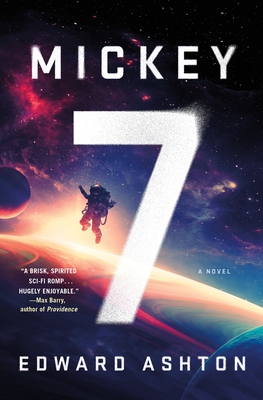 Mickey7 by
Mickey7 by 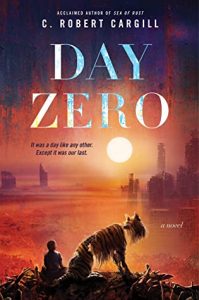 Mickey’s issues are the same ones dealt with in
Mickey’s issues are the same ones dealt with in 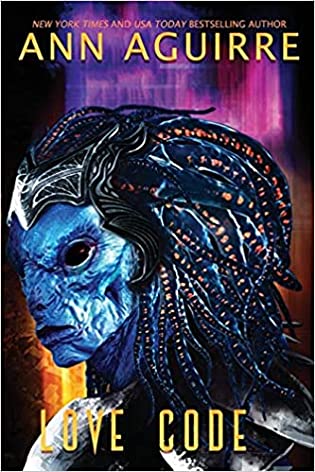 Love Code (Galactic Love #2) by
Love Code (Galactic Love #2) by 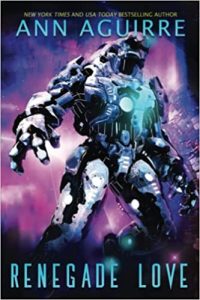 What makes this story work so well is the way that their power dynamics shift, and the way that they both adapt in spite of so many things standing – sometimes literally – in their way.
What makes this story work so well is the way that their power dynamics shift, and the way that they both adapt in spite of so many things standing – sometimes literally – in their way.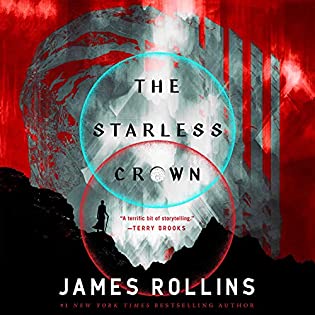 The Starless Crown (Moon Fall, #1) by
The Starless Crown (Moon Fall, #1) by